Personalization is the process of tailoring products, services, and experiences to the specific needs and preferences of individual users. This can be achieved through a variety of means, including data analysis, machine learning algorithms, and user feedback.
Personalization is becoming increasingly important in a wide range of industries, from e-commerce and marketing to healthcare and education. By customizing products and services to meet the unique needs of each user, companies can improve customer satisfaction, increase engagement, and drive business growth.
Some examples of personalization in action include:
- E-commerce: Online retailers can use customer data to recommend products and services that are likely to be of interest to each individual user. This can be based on factors like purchase history, browsing behavior, and demographic data.
- Marketing: Marketers can personalize ads and promotional messages based on factors like location, interests, and behavior. This can help to increase the effectiveness of marketing campaigns and improve conversion rates.
- Healthcare: Personalized medicine involves tailoring medical treatments to the specific needs of each patient based on factors like genetics and lifestyle. This can help to improve patient outcomes and reduce the risk of adverse effects.
- Education: Personalized learning involves tailoring educational content and experiences to the individual needs and learning styles of each student. This can help to improve engagement Website Design Feecademic performance.
Overall, personalization is an important trend that is transforming the way products and services are delivered across a wide range of industries. By leveraging data and technology to create personalized experiences, companies can improve customer satisfaction, increase engagement, and drive business growth.

